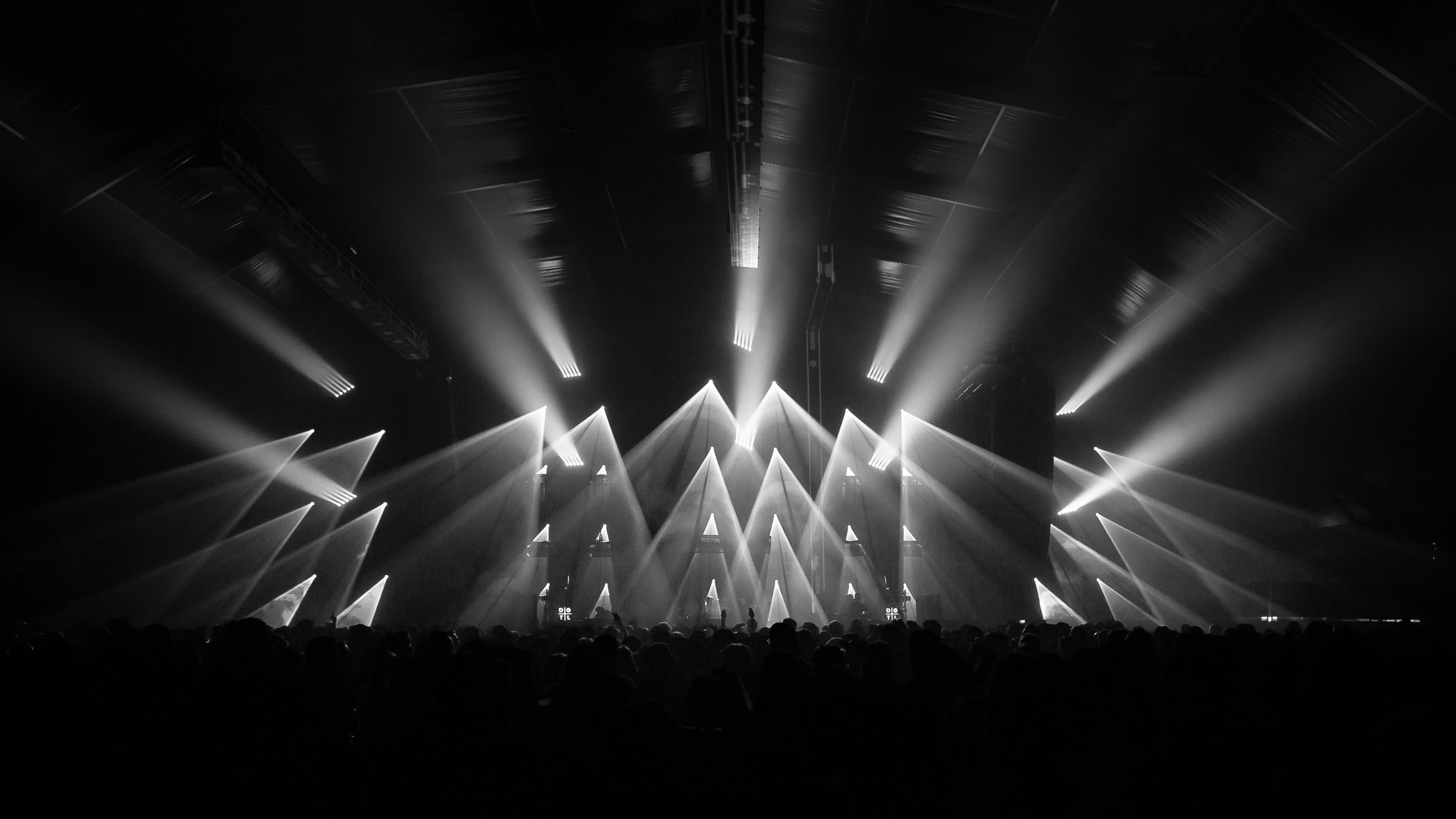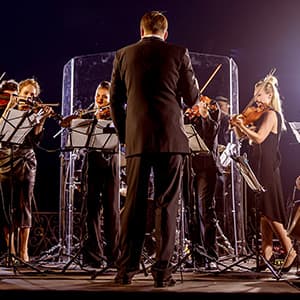

Mozarts Requiem Tickets
Up to 30% Off Compared to Competitors.
Location: Select Location (e.g, New York)
About Mozart's Requiem
In recent years, Mozart's Requiem has experienced a remarkable resurgence in live performances, as orchestras and choirs around the globe continue to showcase this monumental work. Major symphony orchestras, including the Berlin Philharmonic and the New York Philharmonic, regularly feature the Requiem in their concert seasons, often pairing it with other significant works or themed concerts. Additionally, various festivals and special events embrace this masterpiece, especially around the time of All Souls' Day or during classical music festivals. For instance, in 2023, several orchestras have planned performances of the Requiem, often highlighting contemporary interpretations that blend traditional choral elements with modern staging and innovative orchestration. Concerts frequently include renowned soloists and choirs, enhancing the overall experience for audiences. The emotional weight and profound themes of the Requiem continue to attract new listeners, making it a relevant choice for live performances. Moreover, the work has also been adapted into various formats, including concerts featuring multimedia elements, which aim to deepen audience engagement. As we look forward, the legacy of Mozart's Requiem remains vibrant in the concert world, ensuring that this iconic piece will continue to be celebrated and performed for generations to come.
Mozart's Requiem History
Mozart's Requiem is one of the most famous choral compositions in Western music, composed in 1791. The piece was commissioned by an anonymous patron, who was later revealed to be Count Franz von Walsegg, who intended to perform it in memory of his deceased wife. Mozart, however, never completed the Requiem before his own death on December 5, 1791. The work was left unfinished, with only the first movement completed and several other sections sketched. Following Mozart's death, his student Franz Xaver Süssmayr took on the task of completing the composition, and it was performed for the first time in 1793, two years after Mozart's passing. The Requiem is deeply rooted in the traditions of the Catholic Mass and reflects Mozart's mastery of counterpoint and his emotional depth in musical expression. Over the years, it has garnered immense popularity, becoming a staple in choral repertoire and frequently performed in concert halls around the world. Its dramatic intensity and poignant themes of mortality resonate with audiences, making it a timeless work that continues to be celebrated in both sacred and secular contexts.
